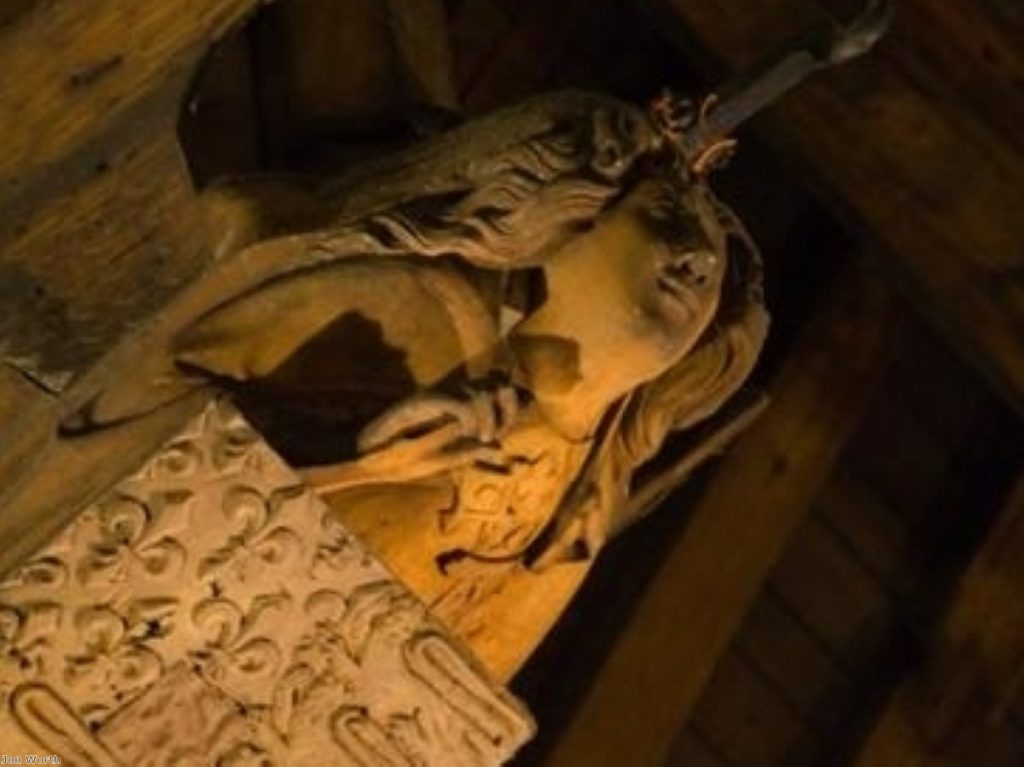MPs tear apart immigration cap plans
By Ian Dunt
Government plans for an immigration cap have been comprehensively demolished by an influential Commons committee.
The home affairs committee found the plans being rushed through would affect less than 20% of immigrants and cause serious damage the UK economy.
The devastating report found that, even if every single visa for a non-EU citizen taking up a job offer or seeking work was rejected, the total number of immigrants entering the UK would still be reduced by less than 20%.


If the cap were implemented at the current temporary rate of five per cent, the reduction would amount to less than one per cent.
But while there would be little difference to overall immigration, Britain knowledge economy would be badly impacted, the committee found.
MPs reported “serious and widespread” concerns that the cap would hamper business just as the UK relied on a private sector recovery to save its economic fortunes. The move would also prevent the arrival of “top-class international professionals”.
They were also concerned that distinguished scientists and highly talented individuals coming to work in the public sector would be prevented from entering the country.
The report backed the letter from eight Nobel prize winners last month which arguing that it was a “sad reflection of our priorities as a nation” that an exemption applied to international sportspeople but not elite scientists or engineers.
There was also substantial criticism of the way the plans were being formulated. MPs highlighted how the Migration Advisory Committee had been asked to propose a numerical limit for the cap without any information on the groups which would be included or how the limit would be applied to different sectors of the economy.
“This has reduced the Migration Advisory Committee’s ability to predict what effect the cap will have on different industries and geographical regions,” the report reads.
Committee chairman Keith Vaz raised a host of worries about the government’s plans.
“Successive governments have enacted changes to the immigration system with almost immediate effect, bypassing parliamentary conventions,” he said.
“Such unnecessary haste leads to poor decision-making which is more likely to be challenged in the courts.”
He continued: “We were particularly concerned about the potential effect on international students of a reduction in immigration, seeing as they account for around 25% of total long-term immigration each year.
“The government should direct its efforts to tackling those who abuse the system – bogus colleges and visa overstayers – rather than penalising legitimate students.”
The report warned that David Cameron would be unable to prove he had reduced immigration to the “tens of thousands” by the time he stood for re-election in 2015, because he would be reduced to extrapolating from 2013 data.
Some observers believe the promise to impose a cap on immigration is being gradually watered down after Mr Cameron insisted to business leaders that he would adopt a flexible approach.
“Let me give you this assurance,” he told the CBI last month.
“As we control our borders and bring immigration to a manageable level, we will not impede you from attracting the best talent from around the world.”
Business secretary Vince Cable has made no attempt to hide his dislike of the cap.









